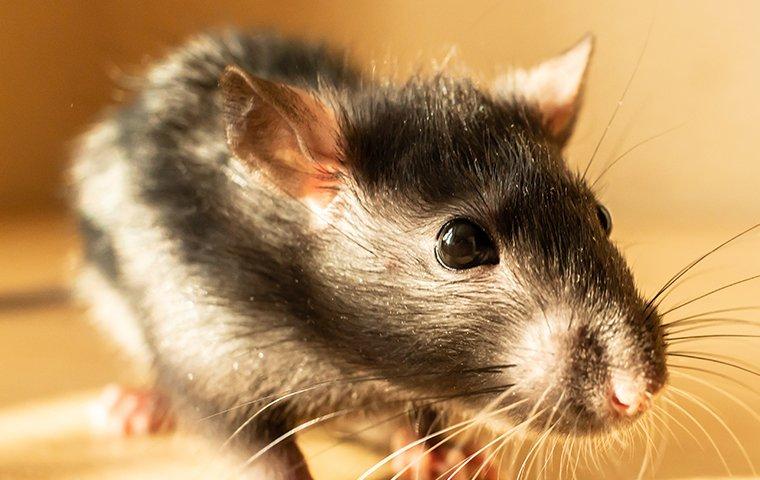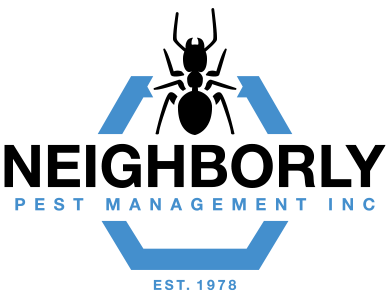Secret To Effective Do-It-Yourself Rodent Control For Folsom Homeowners
June 18, 2020
A rodent problem in the home can be so much more than a nuisance. These pests can spread disease, fleas, and filth, and can quickly populate to make an infestation spin out of control. That’s why it’s best to act early and be preventative when it comes to rodents, especially by partnering with experts who know how to manage the problem.

Mice And Rats: Common Rodents
The most common type of home-invading rodents are the two that probably come to mind: mice and rats. While they share some common traits -- all rodents, for example, have long front teeth that never stop growing -- there are certain characteristics that you can use to distinguish one type of rodent from the other.
Mice
- Size: Mice are typically smaller than rats, only a few inches in body length. Their long tails that drag behind their bodies are often longer than their bodies.
- Shape: Because of their short length, mice have compact bodies. They also have short, triangular snouts.
- Ears: Mice have large, round ears that face forward on top of their heads.
Rats
- Size: Rats typically grow much larger than mice and some varieties can easily grow to a foot in length.
- Shape: Rats have a less compact shape than mice, with elongated bodies that make it easier to distinguish their clawed hands from their rear haunches. Their snouts are long and pointed.
- Ears: Rats have pinched, round ears that sit on the sides of their head.
Signs Of Rodents & The Dangers They Bring
No matter if it’s mice or rats in the home, these rodents can bring similar problems. Due to their constantly-growing front teeth, rodents must chew on hard materials to file them down to manageable lengths. That includes household property. These pests are also transmitters of dangerous parasites and diseases, including ticks and fleas that can themselves be carriers of dangerous pathogens.
It’s important to know how to spot the early signs of an infestation so that a few rodents don’t balloon into a full-blown infestation:
- Damage: Since they chew on nearly anything, rodent damage can result in bite marks on woods, chewed through electrical wiring, and damaged packaging and contaminated foods.
- Feces: Spotting rodent droppings is a sure sign of their activity. While rodents tend to stay out of sight, they may leave behind their small, raisin-like waste. Checking in dark areas, especially behind and underneath appliances, is a smart step to take.
- Odor: With the droppings and nesting smell that goes along with rodent infestations, it doesn’t take long for their unpleasant odors to permeate a house -- especially when they nest in walls or vents.
Don’t Try DIY
Pests spread dangerous germs through physical contact, and that contact can sometimes involve painful bites if an animal feels threatened. That’s why it’s not a safe idea to try and flush out rodents on your own. Besides the health risks, rodent populations can be difficult to get rid of because they can hide in the most difficult-to-reach places. Killing a few rodents with store-bought traps or baits will likely do little to actually eliminate the problem. You need more than these ineffective or temporary solutions when it comes to rodent pests, especially chemical solutions that have dangerous side effects.
Professional Rodent Control Is The Way To Go
Only the experts know all the places to look for rodent populations and the signs of them. The most effective way, and the safest one for you and your family, is with service from Neighborly Pest Management. Our trained technicians can provide more tips on how to spot the signs of rodents in your home and ways to be preventative rather than reactive. If a pest infestation has already taken hold, you can rest easy knowing that we will apply safe and effective methods to take care of the problem.
Don’t let a small rodent problem end up costing you a lot more time and money than it’s worth, turn to Neighborly for proper rodent control.
 Reviews
Reviews

